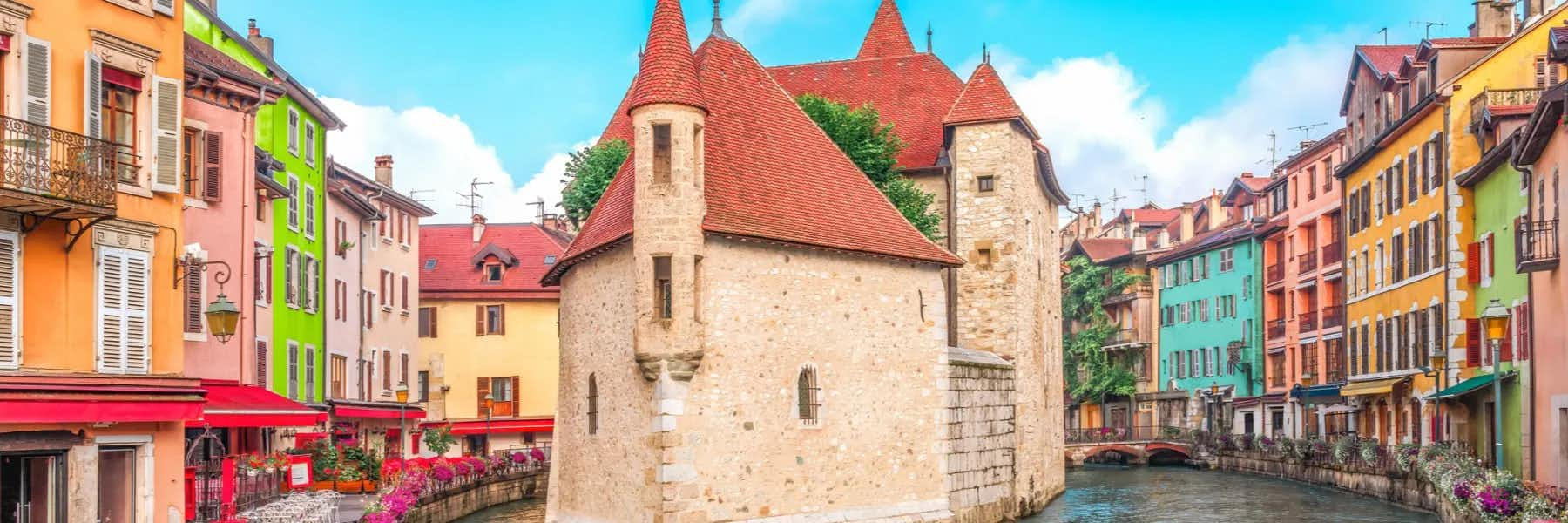France is a place that quickly captures your heart and can leave a lasting impression.
If you’ve decided to make the leap and move to this beautiful country, it probably feels thrilling, and a bit nerve-racking, at the same time.
Between the diverse land of windswept, cliff-side beaches in the northwest regions of Brittany and Normandy, and the calm, sunflower-lined villages in the Dordogne and Provence, it can be difficult to know exactly where you belong.
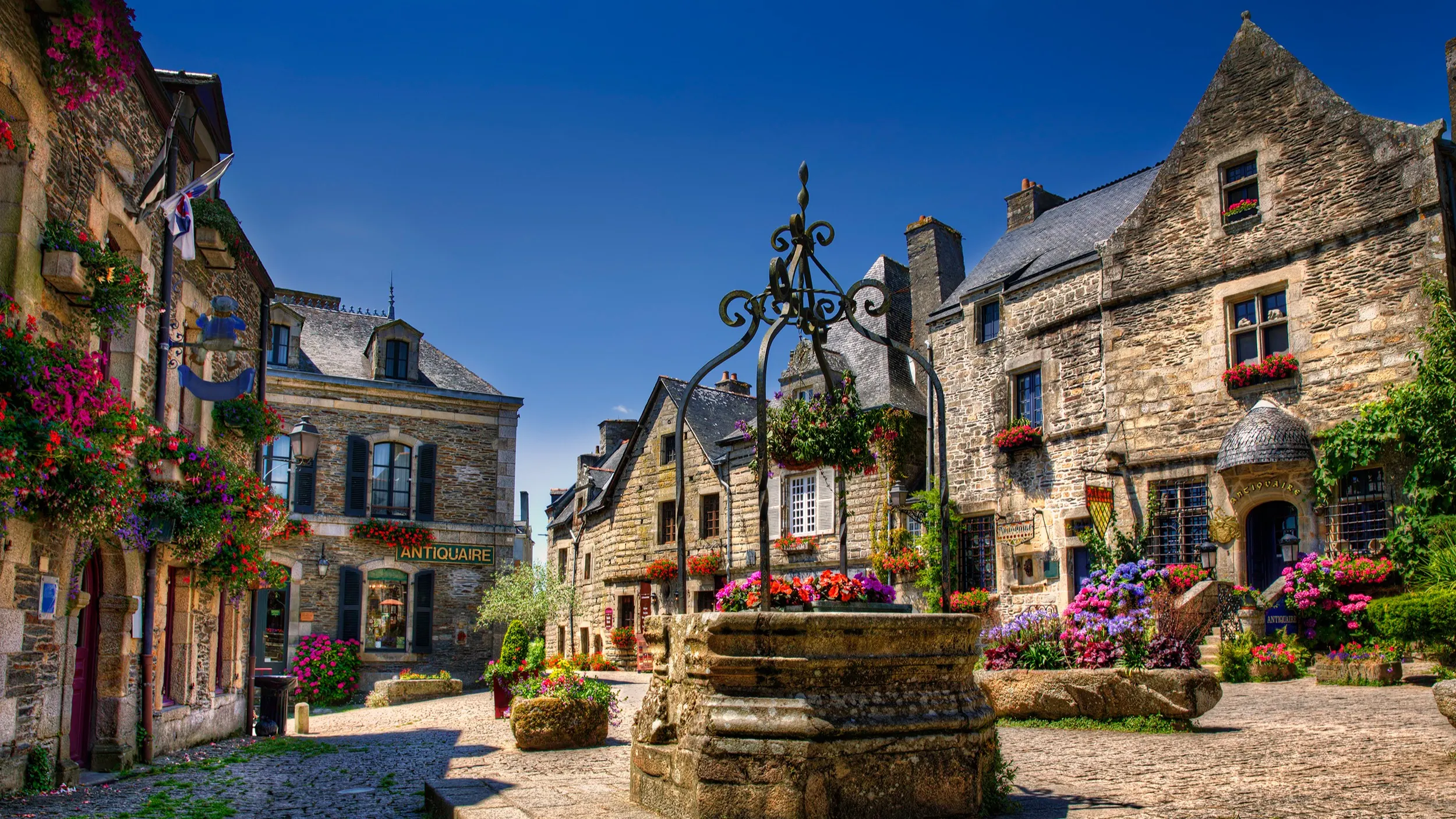
While your heart sings when you think of dining in the shadows of the Eiffel Tower and enjoying the City of Light lifestyle, you might also like a quaint country corner in Alsace. As one of the most attractive climates in the country, the seaside towns of the French Riviera are also tempting. With their joie de vivre Mediterranean attitude, and attractive list of outdoor activities, it’s also easy to imagine an engaging retirement in Nice, Cannes, or Antibes.
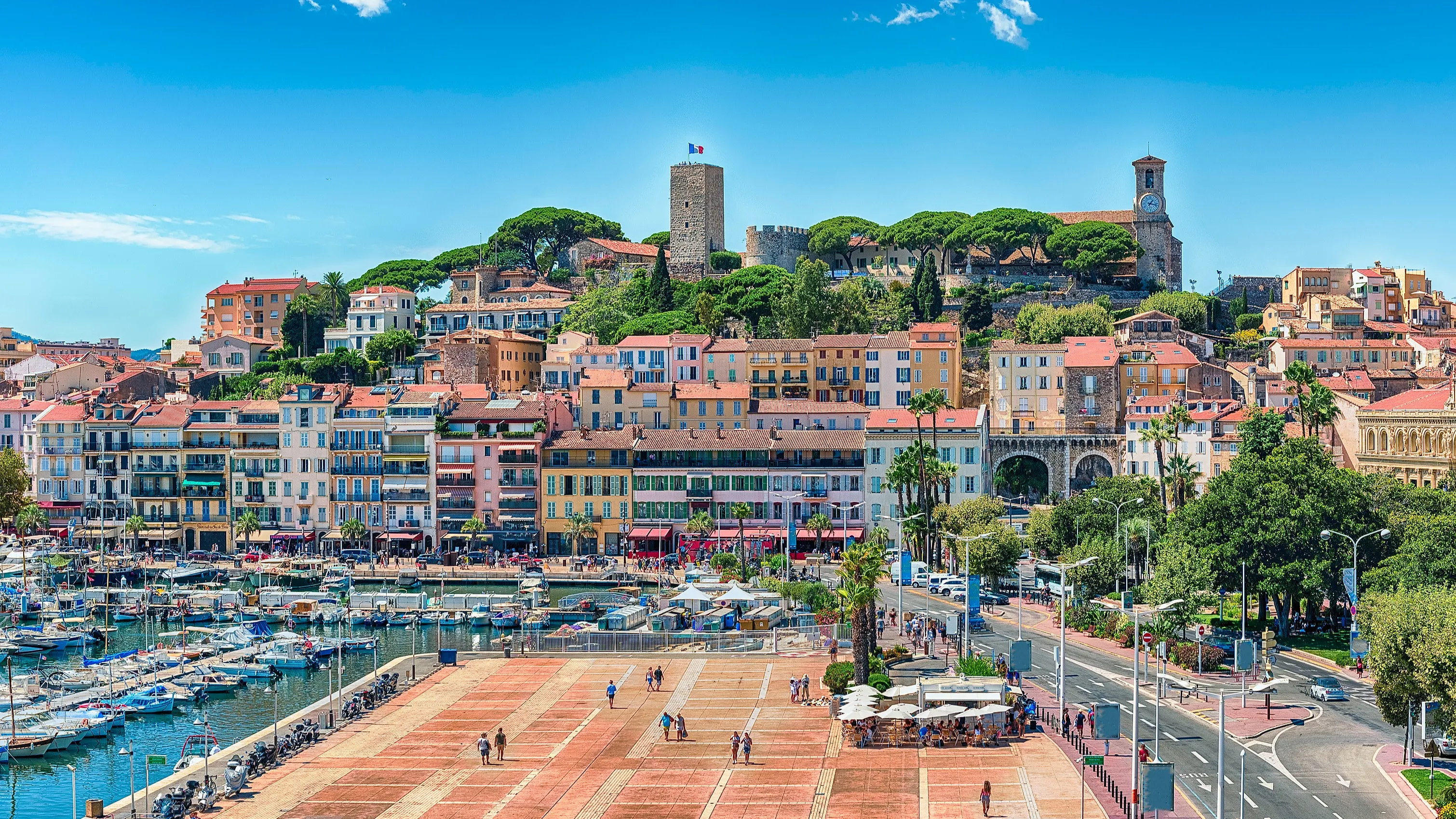
The list of enticing places to move in France seems never-ending. How to make sense of it all? Which area will you be best suited to, and when and where can you start looking for real estate?
Here are a few tips to help you get started on making the move to la belle France.
Tip #1: Profile Yourself. Profile the Regions.
I recently spoke with an American retiree living in the Dordogne who had, at one time, considered moving to the French Riviera. “The doctor recommended that my husband stay out of the sun. It’s just too hot for us,” related Cecile, who is living a foodie-inspired retirement outside the medieval town of Sarlat-la-Canéda…
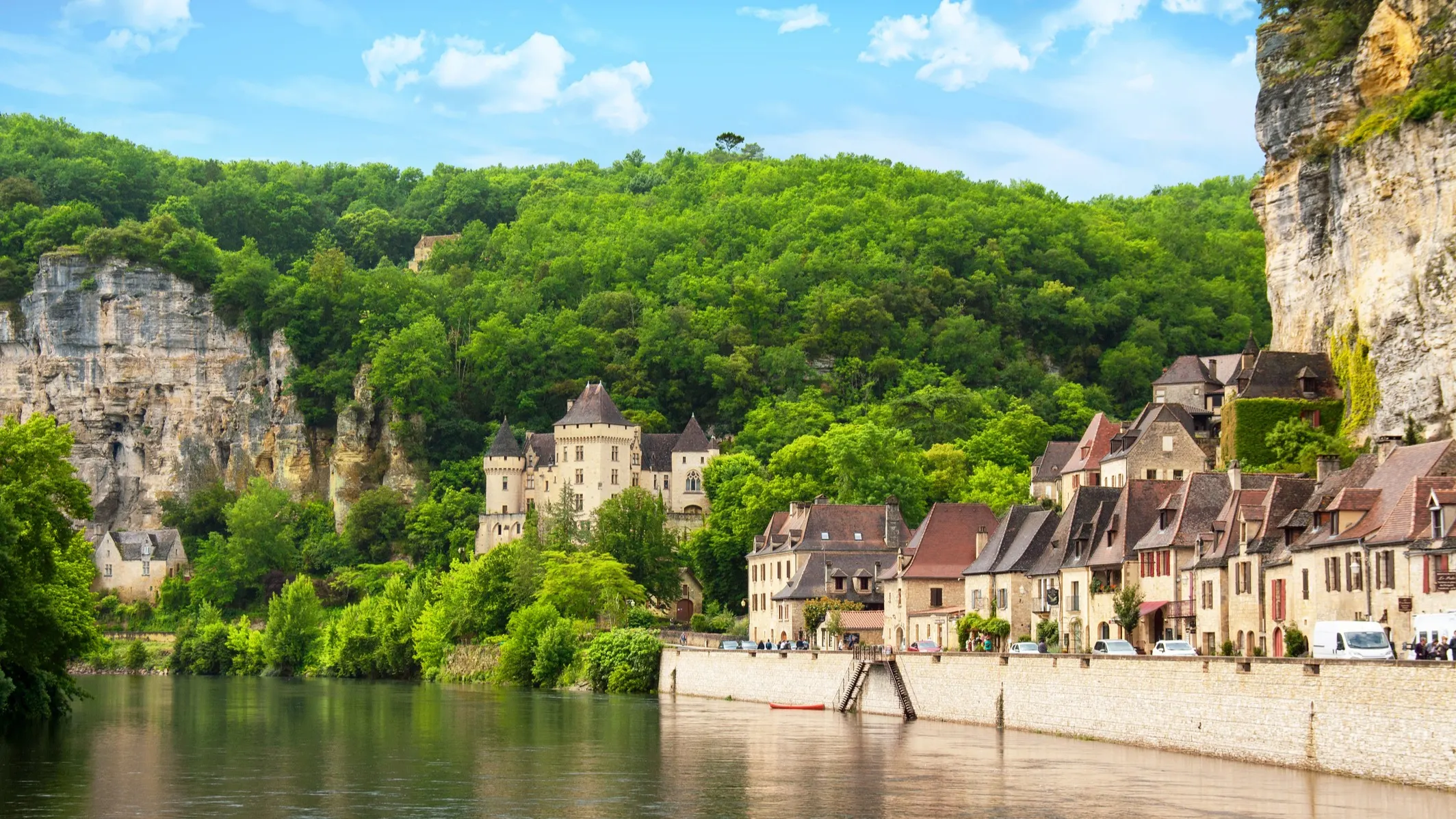
Another Sarlat retiree fell in love with Nice, but soon realized that bigger-city living wasn’t for her. She craved the slow rhythms of countryside France, even if it meant compromising a bit on the weather. The “cold and rainy” season of the French southwest turned out not to be all that cold and rainy in the end. Her choice of cozy over busy was a perfect fit.
Just as different regions in the U.S. call to us, so too do the diverse areas in France. If you’ve traveled to the country, you may already have a feel for what speaks to your interests and retirement objectives. I would invite you to go deeper. Plan an extended stay, and see if that idyllic small town in the Loire Valley or the metropolitan rhythms of Toulouse really do check all the right boxes.
Get Your Free Mexico Report Today!
Get Your Free Mexico Report Today!
Learn more about Mexico and other countries in our daily postcard e-letter. Simply enter your email address below and we’ll send you a free special report – Mexico: The Perfect Close-to-Home Retirement Haven.

By submitting your email address, you will receive a free subscription to IL Postcards and special offers from International Living and our affiliates. You can unsubscribe at any time, and we encourage you to read more about our Privacy Policy.
Tip #2: Rent Before You Buy.
When I first arrived in France (to the port town of Toulon in the southeast) we rented an apartment for the initial two years. The benefits to this were manifold.
First, we were able to afford a two-bedroom apartment in one of the most desirable and dynamic areas of the city—which we would have been priced out of if we’d decided to buy. Being in the center of all the action, with a view of the Mediterranean Sea to boot, greatly helped with my transition to living in France.
Secondly, during that first year, I was able to visit different neighborhoods and get a better understanding of the best areas to live—which ones had the nicest bakeries, cheese shops, and farmers’ markets. Also, I learned the areas that the locals preferred, and the ones they avoided.
When we finally bought our first apartment, it was with a certain confidence, knowing we’d made an informed choice.
Tip #3: Consider Living Near a Larger City.
One thing that I learned very quickly about France, and other European countries for that matter, is that the pace of life can be quite different depending on where you live. For example, some small towns and villages are full of social activities—festivals, concerts, clubs, and organized trips—during the spring and summer months but slow down considerably in the fall and winter.
Living in a French village is the stuff dreams are made of, and also where you can find some of the best deals on real estate, but it can be a very smart move to choose one that’s not too far from a larger city.
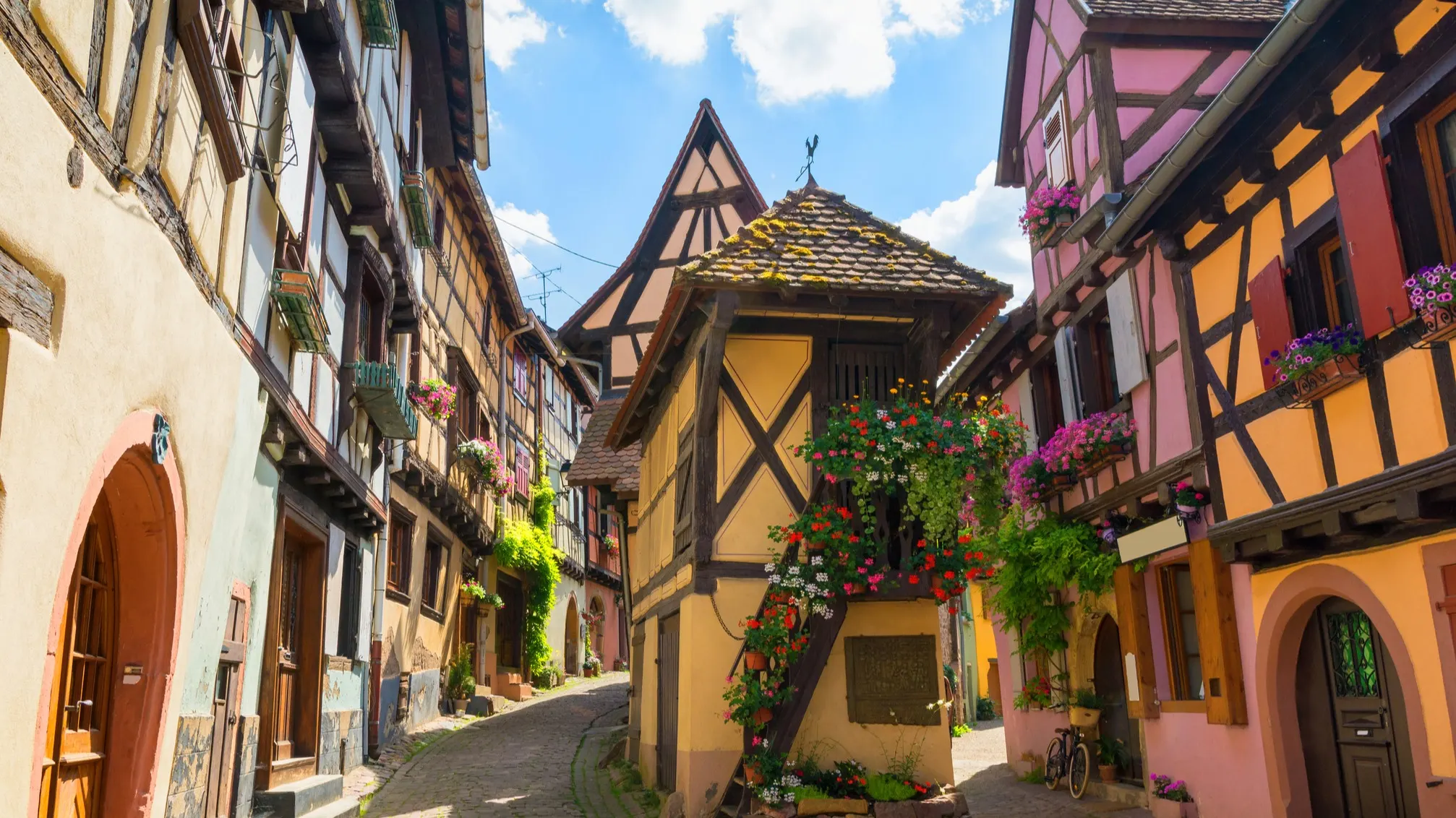
Wonderful towns and villages exist around Bordeaux, Toulouse, Lyon, and Montpellier—to mention only a few larger cities. Here you can have the best of both worlds, enjoying the slow pace of French country life with world-class cultural events, sports clubs, and restaurants just around the corner.
Currently on the market in the village of Beaumont-de-Pertuis in Provence is a one-bedroom, one-bathroom studio apartment. Located on the edge of a national park, the apartment is a 40-minute drive from the university city of Aix-en-Provence. Marseille airport and the French Riviera are within an hour’s drive. This newly-renovated property rents for $646 a month.
In the Dordogne, a one-bedroom, one-bathroom cottage with a large, open-plan living and kitchen area with log burner rents for $988 a month. This rural property features a garage and swimming pool and is within easy reach of the nearby village of Verteillac. The city of Angoulême is a 45-minute drive away.
Tip #4: Start Collecting Your Resources.
What I’ve always appreciated about being an expat is that there are those who have come before me—thankfully! You can access a wealth of resources by contacting expat organizations in anticipation of your move. The epitome of “been there, done that”, these groups are more than willing to give a fellow France-lover a helping hand.
Some of my favorite resources include Retired Americans in France and Americans Living the Dream in France. Both groups are on Facebook and accept anyone interested in living or retiring in France.
Helpful websites for starting your real estate search include Seloger and Le Bon Coin. Although the listing may be in French, you’d be surprised how many of the owners are used to speaking English. France is a popular place, and our English amis (friends) from across the pond have been scooping up vacation homes across the country for decades.
Get Your Free Mexico Report Today!
Get Your Free Mexico Report Today!
Learn more about Mexico and other countries in our daily postcard e-letter. Simply enter your email address below and we’ll send you a free special report – Mexico: The Perfect Close-to-Home Retirement Haven.

By submitting your email address, you will receive a free subscription to IL Postcards and special offers from International Living and our affiliates. You can unsubscribe at any time, and we encourage you to read more about our Privacy Policy.
Related Articles
The Best Places to Live in France From $2,000 a Month
